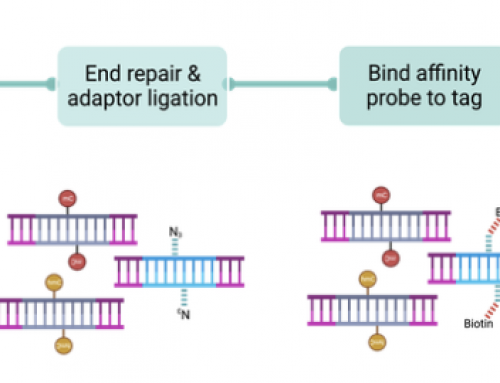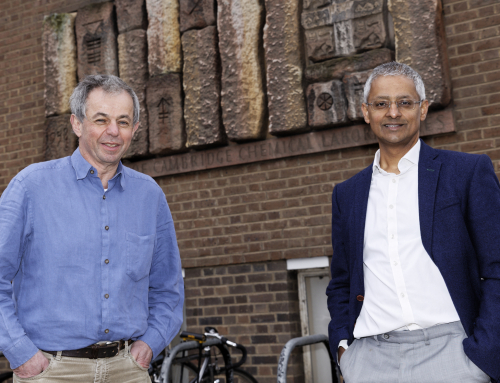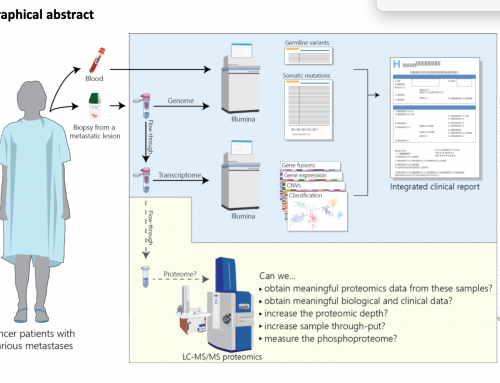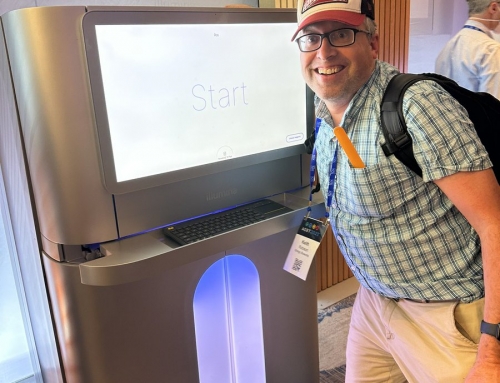The FBI just approved the Verogen NGS-based SNP identification system to create DNA profiles for inclusion in the USA national database. This follows on from many years of STR fingerprinting (developed in 1985 by Alec Jeffreys in the UK).
The same technology can be used to track samples from patients to make sure genetic data used for diagnostics come from the correct patient. One of the first suggestions for this use was the 2008 paper from the Rubin group at Harvard: SNP panel identification assay (SPIA): a genetic-based assay for the identification of cell lines. The idea is simple, add a panel of SNPs to a genomic test e.g. a cancer sequencing panel, and you can then detect issues with cross-contamination and/or mislabeling of samples.
But add in a fingerprick blood test at the start of the patient journey (collected in the GPs office) and test data could also be positively confirmed as belonging to the patient before the results are released to the GP/Doctor. As more and more genetic tests are coming on stream this issue becomes one that is going to be a problem in the future. And give the cost of the genetics tests at £100s or £1000s the cost of the initial genotyping is likely to be recuperated in saved retesting fees, or in giving patients the wrong medication based on results from another patient.
The issue is not a huge one as most labs are working incredibly hard to reduce the chance of a mix up. But it is an issue easily solved. And using an orthogonal sample collection and testing process is likely to lead to almost zero mix ups.
Multiple companies are working in this space: Verogen’s ForenseqDNA kit, which uses 230 STR and SNP markers to generate a profile, even from very degraded DNA (e.g. FFPE); Thermo Fisher’s Precision ID Identity Panel, which uses 34 SNPs to generate a DNA profile for around £50 per sample; and Agena’s SampleID kit, which uses 44 SNPs plus3 markers for gender, and 5 for quantification, at just £10 per sample, are just three available to purchase.








We did this kind of assay routinely at OGT back when I was there for in-process sample control for exome sequencing from a homebrew set of SNPs. The first time I saw this in the wild was probably the paper from Sarah Ennis’ group at Southampton: https://www.ncbi.nlm.nih.gov/pubmed/24070238 which ended up being a commercial product for LGC: https://www.biosearchtech.com/products/pcr-kits-and-reagents/genotyping-assays/kasp-genotyping-chemistry/kasp-snp-libraries/human-exome-sample-panel